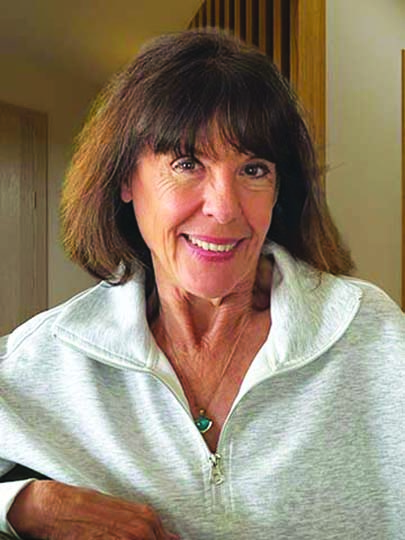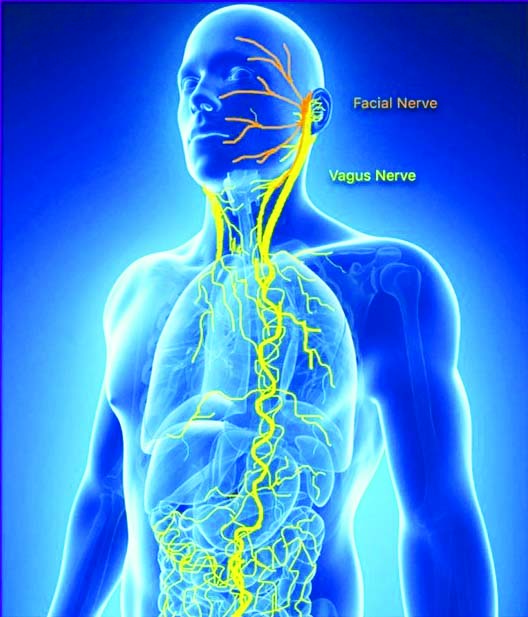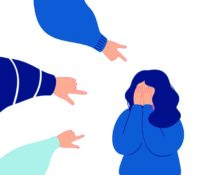The vocabulary of mental health has seeped into our everyday lives. While some may use these terms to speak about a specific diagnosis, others use them casually, without paying much attention to distinctions. Emotional exhaustion, isn’t a clinical term, but that doesn’t mean the experience of it is any less real. What is the best way to describe a feeling you can’t quite put your finger on? Here’s a look at some of the most buzzed-about terms:
Burnout
Stressed or overwhelmed about work? It might be burnout. According to the World Health Organization, burnout is a form of job-related stress that has not been successfully managed.
Common symptoms include feelings of energy depletion, cynicism about one’s job, and reduced professional efficacy. Experts recommend cultivating a healthy work-life balance, a strong support system and a positive outlook to combat burnout.
Emotional exhaustion
Emotional exhaustion is not a specific clinical syndrome, but mental health experts say it can lead to, or be accompanied by other mental health conditions like a major depressive disorder. “Emotional exhaustion is this sense of overwhelmingness. Overwhelmed to the point where you feel like you don’t have the capacity to deal anymore,” said Vaile Wright, senior director of health care innovation at the American Psychological Association. “It’s physical and mental tiredness. It’s difficulty concentrating. It’s all the things we experience when we’re just at our capacity.” To combat emotional exhaustion, experts suggest you set boundaries, and hone in on what makes you feel good emotionally.
Languishing
If “burn out” was the unofficial 2020 COVID-19-era mental health buzzword, “languishing” is its 2021 counterpart. Made popular by a New York Times piece by Wharton psychology professor Adam Grant, languishing is “the neglected middle child of mental health,” Grant wrote. “It’s the void between depression and flourishing — the absence of well-being. You don’t have symptoms of mental illness, but you’re not the picture of mental health either.”
Those who find themselves languishing— feeling a lack of focus and a general purgatory between mental wellness and illness — can try to carve out some uninterrupted time to feel better about accomplishing tasks, focus on small joys and victories. It’s okay to ask for help.
Alonely
According to Psychology Today, this is the opposite of lonely. It’s the dissatisfaction that comes from not spending enough time by yourself. And during the pandemic, when home, school and office life has been combined in one space, this feeling is becoming more common.
“Some people inherently desire more solitude than others, and when it’s not connected with shyness or social anxiety, seeking time alone is a perfectly well-adjusted thing to do,” writes psychologist Virginia Thomas. “However, when this desire isn’t fulfilled, the feeling of aloneliness results (the prefix “a” indicating not, as in asymmetrical).”
Thomas says researchers suggest plan alone time to help ease this feeling. If alone time is scarce, focus on quality moments of solitude vs quantity.
Anxiety
Many people have anxiety — but not everyone has an anxiety disorder. The Mayo Clinic describes clinical anxiety disorders as involving “repeated episodes of sudden feelings of intense anxiety and fear or terror that reach a peak within minutes (panic attacks).”
Experts recommend seeking medical attention if anxiety is interrupting your work or other parts of your life; if you have suicidal thoughts, get medical care as soon as possible.
Depression
Depression is a mood disorder. It can begin at any age, but often starts in adulthood and can be spurred by family history, certain illnesses or medications, or stress and trauma. Those who suffer from depression may endure persistent feelings of sadness or hopelessness.
“More than just a bout of the blues, depression isn’t a weakness and you can’t simply ‘snap out’ of it,” according to the Mayo Clinic. “Depression may require long-term treatment.”
Some common symptoms can include fatigue, loss of interest in hobbies, changes in sleep, appetite or weight, and thoughts of death or suicide, according to the National Institute for Mental Health. Experts recommend psychotherapy, medication, or a combination of the two, there is no “one-size-fits-all” approach. (Source: Staff, USA TODAY Published May. 17, 2021)


































